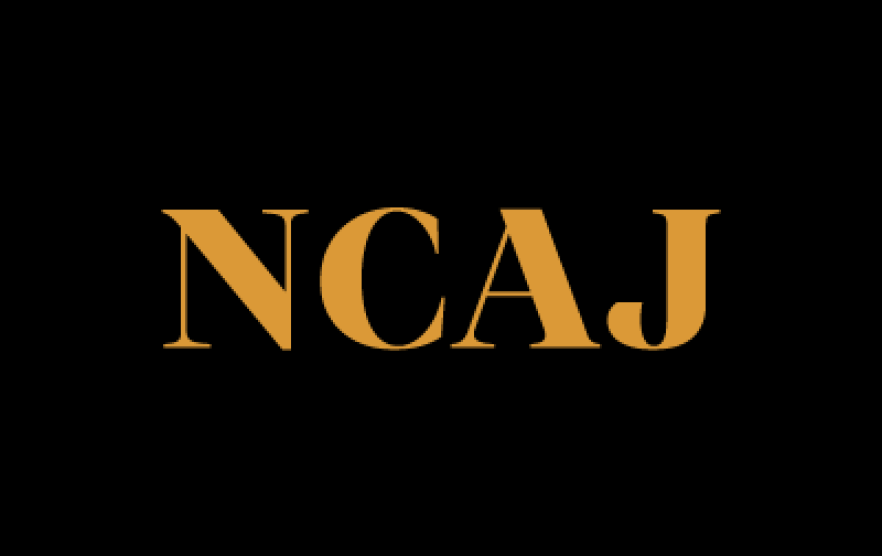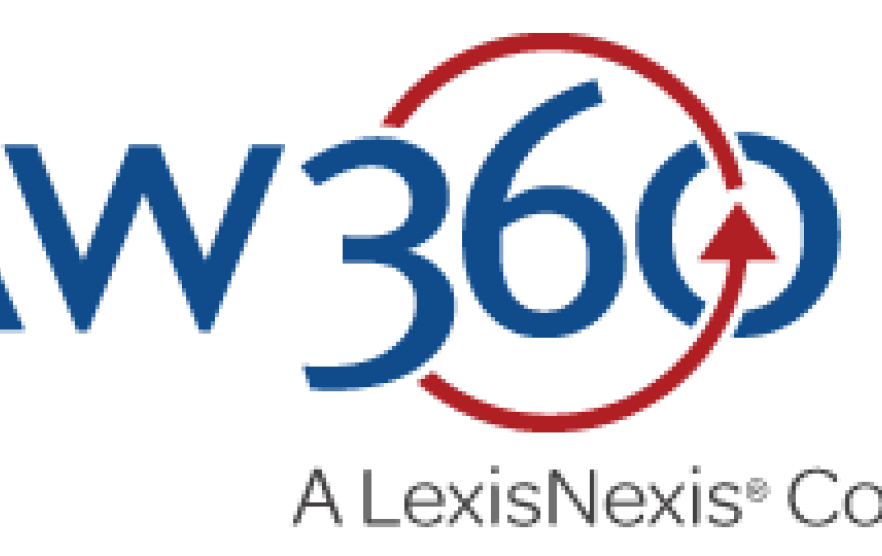NCAJ supports the movement for a right to counsel in civil cases. At the same time, we are pushing to create research opportunities for testing new models which are currently prohibited by laws barring the "unauthorized practice of law," but would (if allowed by state law) enable people to obtain basic legal advice from social services professionals they know and trust.
A Civil Right to Counsel
Criminal defendants facing jail time have the right to an attorney under US law. But outside of a few categories of legal practice, there is generally no right to counsel in civil cases -- even where people risk losing their homes, their savings, or their children. This profound injustice fuels inequity and ruins lives.
The human impact of this problem is especially stark in housing cases. People facing eviction are far more likely to stay in their homes if they are represented by a lawyer-- but representation is a luxury few struggling tenants can afford. The good news is that activists around the country have won important victories in this arena. Several major cities including New York City and Cleveland have moved to guarantee all tenants facing eviction an attorney.
The National Coalition for a Civil Right to Counsel (NCCRC) is helping to lead the charge on these issues. NCCRC brings together supporters of a civil right to counsel from around the country to fight for change. NCAJ serves on NCCRC's national steering committee, and we are proud to count ourselves among its founding members. For more on civil right to counsel work around the country, see here.

Democratizing the Law
America's access to justice crisis is too profound to be solved by lawyers alone. Even the most ambitious efforts to expand the right to counsel in civil cases won't connect every person who needs legal help with an attorney. There aren't enough attorneys to go around. Unfortunately, every US state maintains sweeping "unauthorized practice of law" rules that prohibit anyone who is not a licensed attorney from using the law to help others -- even to provide basic legal advice such as help to recover a security deposit, to obtain owed wages, to seek heat and hot water, or to complete forms designed by courts for use by people without lawyers.
The result is a vast chasm between the amount of help people need, and the amount of help that is actually on offer. Unauthorized practice rules are supposed to protect consumers from harm -- but they also prevent people from getting the help they need. They interrupt the most basic efforts of people to obtain needed help from social services providers in their communities. We need to find a better balance, with new regulatory approaches that allow more help to obtain more help, while at the same time protecting people against unethical or incompetent providers.
NCAJ believes that practitioners (other than lawyers) can and should be allowed to help people with basic legal problems.The good news here is that momentum for reform is building in many US states. Several have already authorized new models of legal services delivery by licensed non-lawyers. Utah has gone a step further than everyone else by creating a "regulatory sandbox" that allows careful experimentation with models for legal services provision that would normally constitute unauthorized practice. A Working Group created by the New York Courts has issued a report calling for exploration of models that include authorizing social workers to provide legal advice.
More NCAJ Work on Legal Empowerment
Towards a More Inclusive Policy Debate
The idea of "re-regulating" the practice of law is a contentious one. But the most striking thing about every debate around that topic, is who isn't in the room. Lawyers argue passionately for or against reform. But what about the people who actually stand ready to take up the law and use it to help other people if given the chance? In state after state, we find that they are not in the room, and that lawyers are huddled around the table by themselves. All over the country, there are social workers, librarians, paralegals, document preparers, organizers, activists and many others who have sharp and incisive perspectives on the kind of change we need. Every debate about opening up new space for non-lawyers to use and help others with the law needs to include those voices at center stage.
NCAJ is working to help make that happen. In our 2021 report, we interviewed more than 60 non-lawyers from diverse professional and activist backgrounds. Our findings help illustrate just how much lawyers are missing when they monopolize discussion around who can and should be able to use the law to help others. In our 2022 report, we interviewed practitioners in California who received Cease-and-Desist letters from the California Bar ordering them to stop their alleged practice of law. Our findings identify problems with this enforcement process while also suggesting a need to reconsider the broad scope of the underlying unauthorized practice of law prohibitions that keep people from obtaining the help they need from those qualified to provide it.

